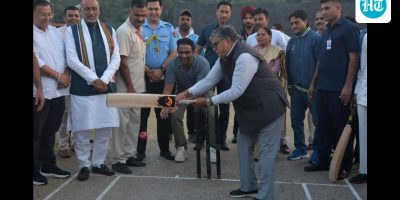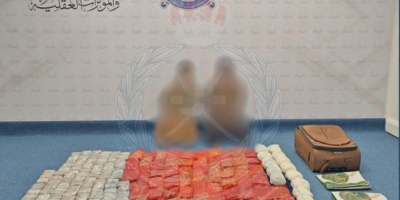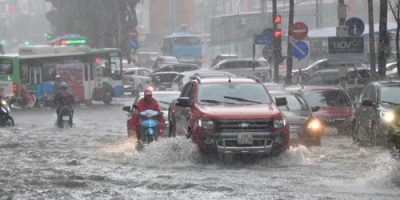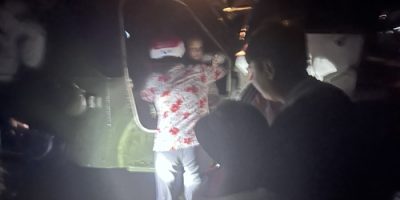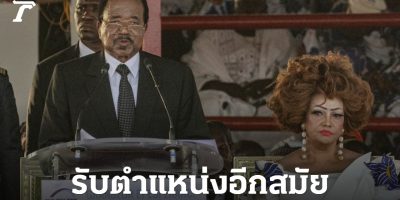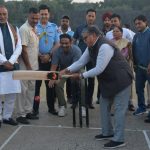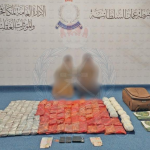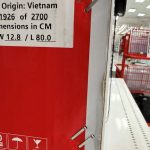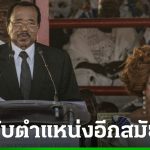How do you congratulate a dictator for winning an election your own observers call a “scam”? The African Union’s blistering report on Tanzania’s 2025 general elections lays bare the rot: arrests, media gagging, violence, ballot stuffing, and a legal framework built for tyranny. The truth is out — and it is damning.
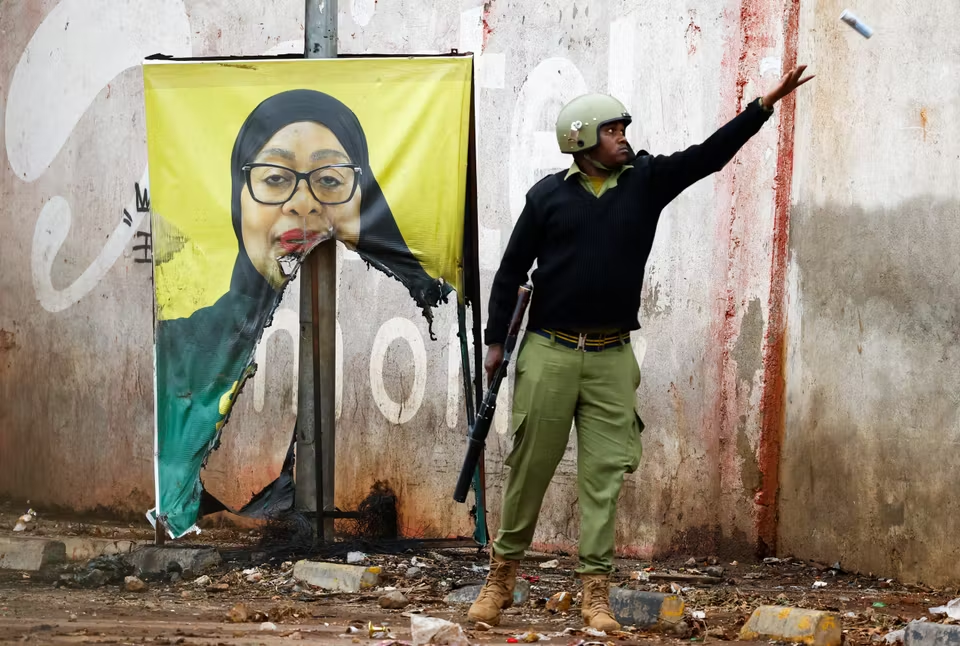
When the African Union (AU) finally released its preliminary report on Tanzania’s 2025 general elections, the findings did not just raise eyebrows — they detonated a political bomb. The report, led by former Botswana President Mokgweetsi Masisi, paints a chilling portrait of a country where democracy was throttled long before ballots were cast.
Yet, in a stunning act of hypocrisy, AU Chairperson Moussa Faki Mahamat congratulated President Samia Suluhu Hassan — dubbed by critics as Madam Dictator — for her “victory.” The same AU report he presides over now describes that very election as a scam, a fraud, and a violation of African democratic principles.
A Contest Without Contestants
The AU observation mission describes an election so hollow it barely qualified as one. Tanzania’s leading opposition party, CHADEMA, boycotted the polls after its leader, Tundu Lissu, and senior member John Heche were arrested. The ACT-Wazalendo presidential candidate was disqualified without clear justification.
The AU’s conclusion was blunt: the elections “diminished competitiveness” and violated the continental charter’s principle of political participation. In short, Tanzanians were handed a one-woman race and told to call it democracy.
Democracy Gagged by the Constitution
Even the legal framework, the AU found, was rigged to guarantee impunity. Article 41(7) of Tanzania’s Constitution blocks any legal challenge to presidential results. Article 39(1) prohibits independent candidates. Worse still, electoral commissioners are handpicked by the president — the very person contesting the elections.
The AU minced no words: this setup “violates the African Charter on Human and Peoples’ Rights” and nullifies any pretense of independence. Tanzania’s democracy, the report says, is not just flawed — it is engineered to fail.
The Presidency’s Iron Grip
From ballot boxes to returning officers, everything flowed through State House. Senior public officers served as returning officers, while the Prime Minister’s office oversaw the supposedly “independent” electoral body, the INEC.
The AU report warns that this structure “concentrated significant powers in the presidency,” leaving the electoral commission a mere rubber stamp. Even observers were denied access to polling stations, and some stations closed hours before schedule — evidence of a tightly choreographed farce.
A Nation Silenced
No credible election thrives without information, but Tanzania’s regime made sure there was none. The AU documented widespread restrictions on media and digital platforms — social media bans, deregistration of independent outlets, and a total internet shutdown that lasted from election day until November 3, 2025.
In the AU’s own words, this blackout “hindered citizens’ access to information” and “limited observers’ ability to report.” It was an election held in the dark — both literally and figuratively.
Violence as Statecraft
Dar es Salaam and Mwanza turned into war zones. Reports of gunfire, curfews, and arbitrary arrests flooded in as security forces cracked down on protests. Observers faced harassment and could not access certain polling areas.
The AU confirmed allegations of politically motivated abductions and excessive force — none of which were ever investigated. The message was unmistakable: dissent would be crushed, not counted.
Ballots Without Integrity
The AU mission noted reports of ballot stuffing, voters receiving multiple ballots, and polling staff failing to verify voter identities. In several districts, ballot counts didn’t even match the number of voters — and observers were expelled mid-count.
The AU’s verdict was damning: these irregularities “compromised election integrity.” Tanzania’s 2025 polls, it concluded, could not be said to reflect the will of the people.
Voter Apathy: A Nation That Gave Up
Unsurprisingly, turnout was dismal. Citizens stayed home, convinced their votes would not matter. With opposition leaders jailed, candidates disqualified, and the process a foregone conclusion, the ballot box became a symbol of futility.
Civil Society and Youth Shut Out
Civil society groups faced selective accreditation, some receiving permission just four days before the vote. Online voter education campaigns were blocked. Young people, priced out of politics and excluded from power networks, were left voiceless. Women, too, largely entered Parliament through special seats — tokens in a game they didn’t choose to play.
The Final Verdict: A Democracy in Name Only
In one devastating paragraph, the AU mission summed it up:
“The 2025 Tanzania General Elections did not comply with AU principles, normative frameworks, and international obligations for democratic elections.”
It went further — describing the environment as “not conducive to peaceful or credible elections.”
The AU called for urgent constitutional and political reforms, respect for human rights, and restoration of media freedoms. Yet, even as its own mission condemned the process as illegitimate, its top leadership applauded it.
The Shame of Silence
The question that now haunts the continent is simple: How does the AU reconcile its report with its congratulatory statement? How does Africa claim to stand for democracy when it rewards authoritarianism with polite applause?
Tanzania’s 2025 election was not just a national disgrace — it was a continental betrayal. And unless the AU backs its words with action, it risks becoming what many Africans now suspect it already is: an expensive club for presidents, not people.
Follow and Subscribe Nyasa TV :


